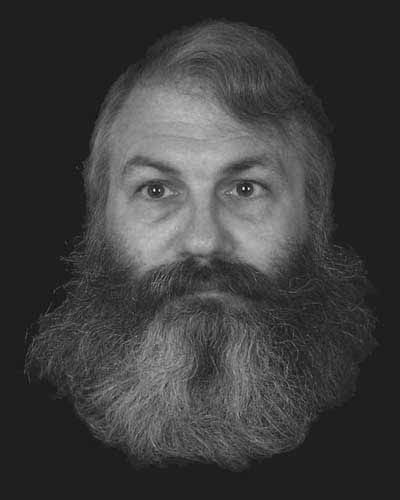What is Truth?
 What is the truth about, the News Media, Danish Cartoons, Muslim Extremists, UFOs, Bigfoot, Monsters, Bermuda Triangle, Life on Mars, Religion, Politics and PhD Welfare?
What is the truth about, the News Media, Danish Cartoons, Muslim Extremists, UFOs, Bigfoot, Monsters, Bermuda Triangle, Life on Mars, Religion, Politics and PhD Welfare?Please take the time to read and study http://www.biblelife.org/ufo.htm it is an entertaining web page about modern media myths. Does the media really stir up our emotions, can they direct our thoughts toward or away from important issues (eg. Chandra Levy)?
When an individual gets emotionally stirred up, all logical thought is suspended until the emotion has passed. Any group of these people can become the puppets of their leaders and commit ridiculous and sometimes brutal acts. We have seen this throughout history. No social group, nation, religion or race is immune to this. It is a human characteristic, call it every man’s Achilles’ heel. We simply become blinded by our emotions.
I wonder how many of the Danish cartoon protesters actually looked at the cartoons. Naturally if they did, they would not see them as I see them. So I cannot understand their feelings anymore then they can understand mine. Logic has nothing to do with it because the truth of the matter is a product of our perception.
It is far easier to go with the flow then to stop and think things through by ourselves. Anyone; myself included, can select facts and events to justify their position to others who are ‘like-minded.’ Political and religious leaders, even educators can skillfully spin anything to justify the ‘right’ view and validate almost any means of action to a reach the desired end (eg. nuclear ballistic missiles are good for us).
Let us take a look at popular topic and look at the seemingly opposite views of each side of the issue. For example take Creation/Evolution, or Abortion/Death Penalty. Both sides have a long list of people with PhDs who offer their version of truth as facts but are unable to prove anything except to those who are ‘like-minded’ or quite possibly sitting on the fence. Their use of ‘undisputable’ truths is impressive but what actually qualifies as a fact or a truth? Is it a product of our perception? Is it simply man made? Do we believe in different truths? Where is the line between facts and belief? I don’t have any answers. I only have questions.
As a special note to all those PhDs; how did you get your PhD? From others with PhDs who are like-minded? Just do a few tricks and jump on the bandwagon. To all the logical engineering scientists who are steady with the tried and true methods; I say this: you are the same as the people you criticize just slightly more skeptical. So now I ask all you engineers where do myths fit into our reality? Of course they don’t; or do they?
Some myths never die. Some get transformed into science and become our new undisputable truths. The science of meteorology or the study of astronomical phenomenon is a point to consider. What is an astronomical phenomenon? What is a meteor? Chinese records go back 3,000 years about rocks that fall from the sky but it was not until the 1700’s that this myth was accepted and studied. It was 1833 before scientists figured out that meteors did not fall from the clouds like rain, rather they came from outside the atmosphere. If you were in Europe during the Renaissance Era of 1450-1600 and reported finding a rock that fell from the sky you would be considered crazy and if you persisted you could be subjected to a formal inquisition. If the same thing happened today you would take the rock to school and get your picture in the local newspaper.
As for PhD welfare, try looking at it this way; if we keep scientists employed and occupied doing anything, no matter how useless it may seem, they might actually stumble upon something of value. At least they will not become the pawns of your enemies.
As for God, carefully consider "Pascal's Wager."
So, the question remains, what is truth? Are you a ‘true’ believer? As for me, I’m too much of a skeptic to even deny the possibility of anything; so I guess that makes me an optimist, despite myself; and yes, I believe; but I don’t know why. Perhaps it’s because beliefs do not require reasons.

